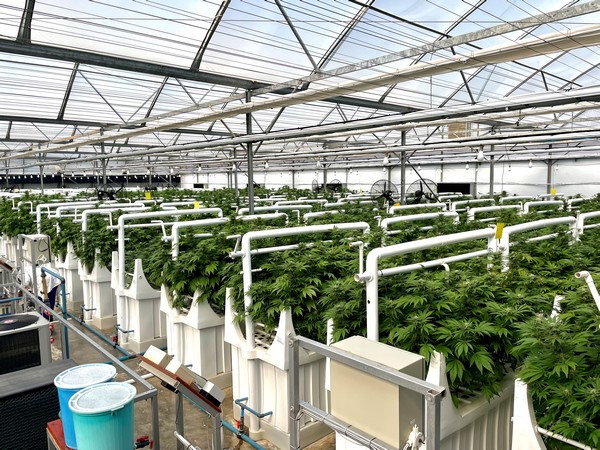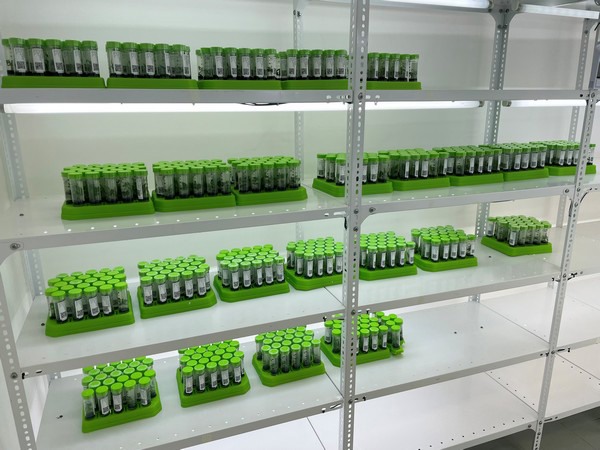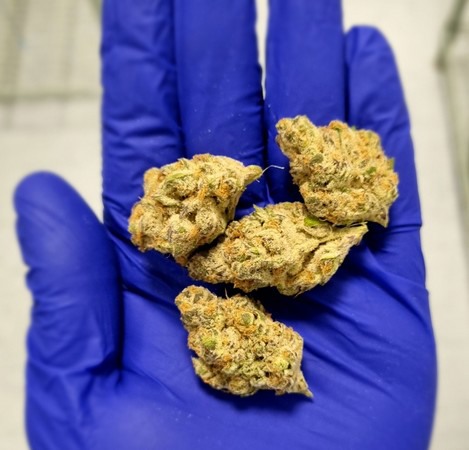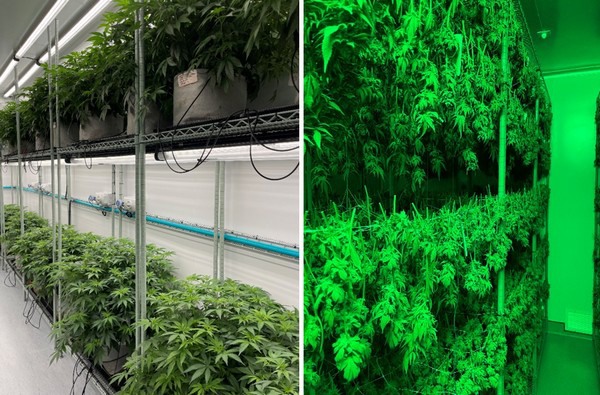In 1993, Rascal Seed started as South Africa’s first private company to produce disease-free generation 0 potato tubers. Now, they supply 70% of the South African market with their generation 0 potatoes. Two years ago, the company decided to expand into the cannabis space. That’s how Rascal Medicinal Cannabis was born, a CUMCS-certified medicinal cannabis producer. “We are already supplying the majority of our domestic seed potato market, and potatoes are difficult to export. Therefore, we decided to use our experience to start a new side of the business: medicinal cannabis production,” explains Dawie Ras, CEO, and Director. According to Ras, the South African medicinal cannabis market comes with its challenges, but their decades of potato experience are helping them to succeed. 
From potatoes to cannabis
“Because of our potato side of the business, we have 29 years of experience in greenhouse technology, aeroponics, and tissue culture. We understand the systems, how to grow, and the plants themselves,” says Ras. However, there was not much more potential for growth left with Rascal Seed, as they were already supplying the majority of the South African potato market, and exporting potatoes was difficult. “The European market does not allow potato imports from South Africa, so that was not an option for us.”
Therefore, the decision for an expansion into medicinal cannabis was made. With their previous experience in aeroponics for potatoes, the company did some aeroponics trials on cannabis. “The trials produced excellent growth. We designed our own in-house system so that it fits all our needs and it is not as complicated to manage. We can easily adjust the growth rate, yield, and nutrients. Even if we make a mistake, it is very easy to correct it. This is the case because there is no growing medium involved, so you can immediately make changes in your nutrient solution. It is a very clean way to grow cannabis, and it makes disease control a lot easier,” Ras explains. “While the capital investment might be more expensive than other cultivation options, we find that the benefits really make it worth it.”
In their transition to cannabis, they are also continuing to use tissue culture. “This ensures that the material is completely disease and pathogen free, and we maintain the genetic integrity of the strains.” Rascal also supplies genetics imported from Motherlabs in Canada and clones thereof to other licensed producers in South Africa. “Still, the major part of our business is our own production of dried flowers. In the future, we would like to also supply unique genetics, focusing on what the customer wants.”
All in all, the company is used to all the industry processes due to their potato experience. “The potato certification scheme we adhere to is very strict, so we are used to working with the regulations, traceability, and disease-free environment that come with cannabis as well.”

The South African market
Still, the South African cannabis market can be challenging to navigate. “It is challenging to invest a lot of money into a facility before you can get inspected and licensed. Especially when the regulations keep changing, and the market is still so new, it is a lot of work to stay on top of things.” Moreover, the few South African cannabis testing labs tend to give different results. “You have to do the research yourself to find out which lab consistently gives the correct results, as you don’t want to have any inaccuracies. The concept of stability testing for medicinal cannabis is new, and protocols still need to be streamlined in South Africa.”
When it comes to the South African cannabis industry, the lack of breeders’ protection is also something that Ras would like to see changed. “It is important to keep your genetics from being distributed unlawfully. We are starting with DNA profiles to see if some of our genetics perhaps get alienated from us, as there are currently no plant breeders’ rights on cannabis. I think that in the future, that must change in order to protect breeders and give them something back for their efforts. In the potato business, for example, you get 30 years of protection on a potato variety that you have bred. We would love to see something similar in cannabis breeding so that unique varieties are protected.”
For more information:
Rascal Medicinal Cannabis
www.rascalmedcan.co.za
